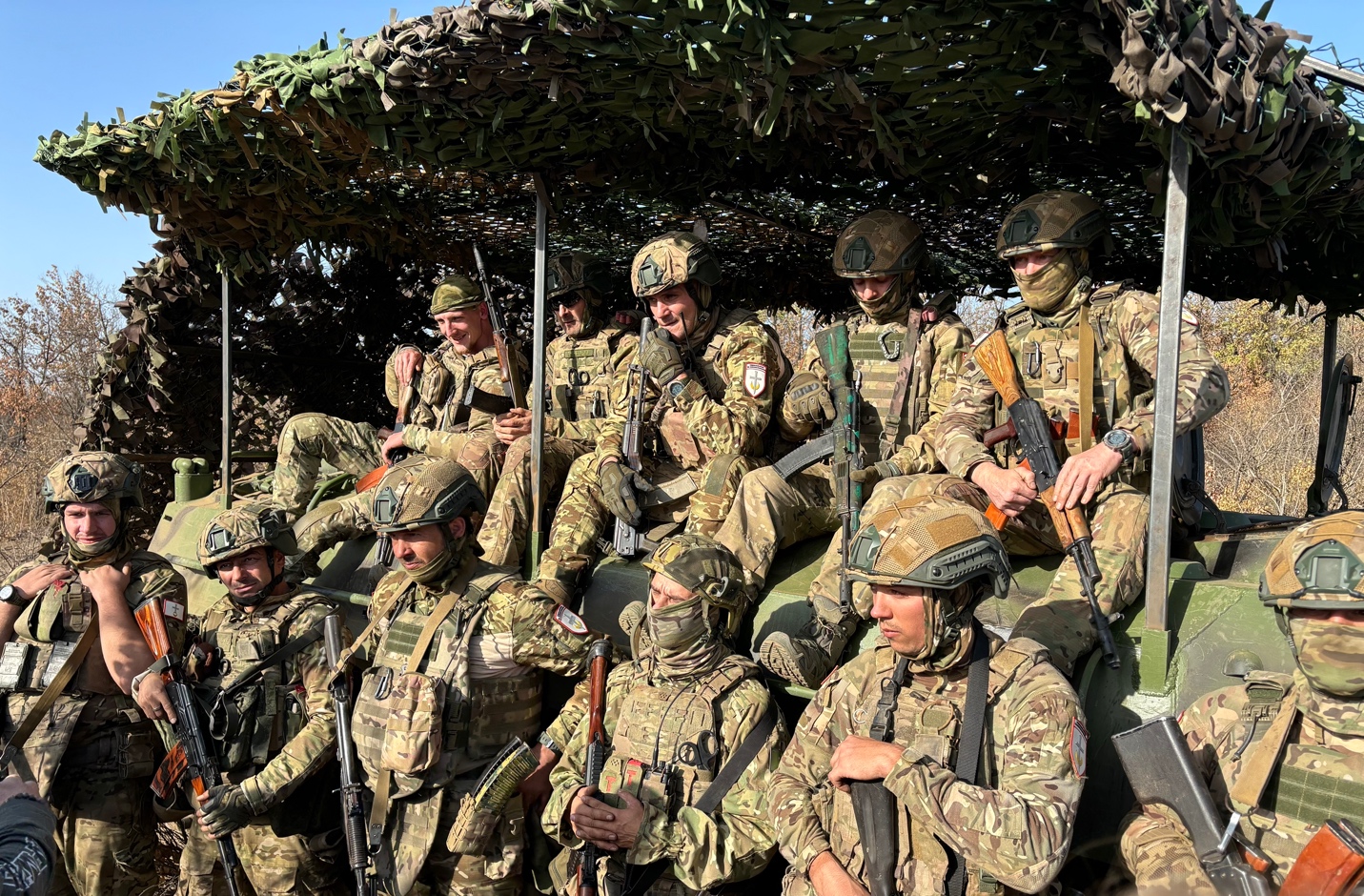
In the fall, of 2024, I spent a day with the Kyvonos Detachment in the Donbas. This is a volunteer military unit made up entirely of Ukrainian troops who went over to the other side and are now fighting for Russia. Many Westerners would be surprised to learn of the existence of such a military detachment and the reasons why these soldiers chose to fight for the side they initially began fighting against.
Of course, all of these soldiers had their own stories, but there were many commonalities amongst them. One interesting fact is that, to a person, these men see themselves as patriots, fighting for the country that once was but, at least for now, is no more. That is, they believe in a multi-ethnic and multi-religious country which existed prior to the Western-backed coup in 2014, but which has been systematically destroyed by the coup government, including by the current government of Volodymyr Zelensky, who is becoming increasingly unpopular as polls show and whose term ran out almost a year ago with no new elections in sight.
The Western media, which once acknowledged the existence of neo-Nazis in the Ukrainian government and military, now attempt to portray the claims about these “ultra-rightists,” as they label them, as merely “Putin talking points.” However, a number of the troops I met in the Kyvonos Detachment expressed their concerns about the neo-Nazi elements in Kyiv. Indeed, the commander of the unit himself said that he joined the Detachment in order to fight fascism and Nazism—a very common sentiment amongst the people of the Donbas—a region which I have visited four times in the last three years.
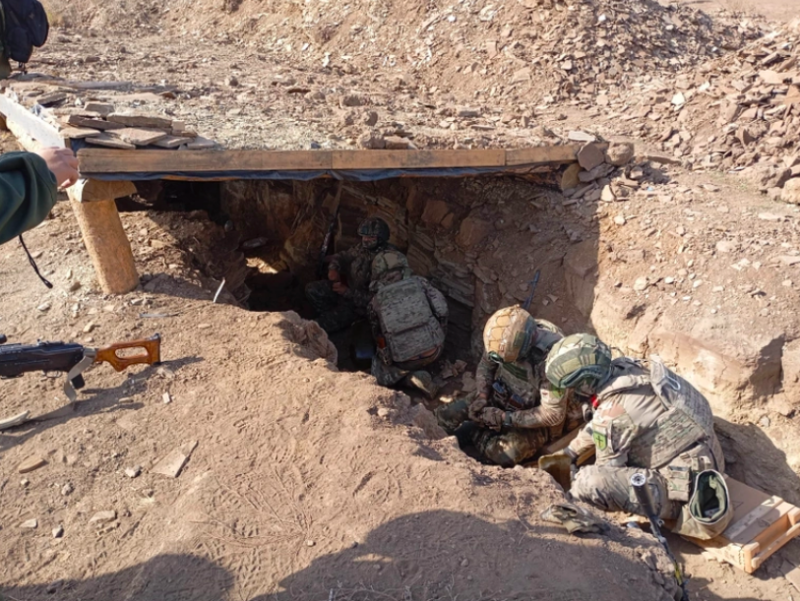
The stories of the fighters of the Kyvonos Detachment are worth hearing in their own words, for they portray a very different reality than that shown in the Western press. One of these fighters, who has the nickname “Slave,” explained:
Russians and Ukrainians are not enemies. We have shared history and familial bonds. We have to fight the regime in Kyiv which tries to tell us what to do. In 2023, I wanted a factory job. I was told to go and get a physical for the job at the hospital. When I went, I was forcibly conscripted into the Ukrainian military. Those who forced me into service told me, “now you have a job—to fight on the front.” I was sent to the Donetsk region and decided to change sides almost immediately without fighting.
Another fascinating fellow was nicknamed “Hunger.” He is not the type of person one usually thinks of when thinking about soldiers fighting in the trenches. And the nickname? He was studying at the university writing his Ph.D. dissertation on forest management when he was forcibly conscripted and sent to fight in Donetsk. He was in a fortified area for 22 days. He explained that his Ukrainian military unit was being neglected, and that he saw his comrades dying of hunger and lack of medical attention. And so, he and three other comrades decided to switch sides and join the Russian forces. He still has family on the Ukrainian side with whom he hopes to be united some day.
Another fighter told a similar story—that he and his comrades in the Ukrainian detachment he was fighting with were without food for days, were exhausted, and they asked their commanders to switch them out. They were denied this request. They therefore decided to switch sides and fight to end this war and bring peace to the country. To do so, he believed, they needed to change the regime in Kyiv and get rid of Zelensky.
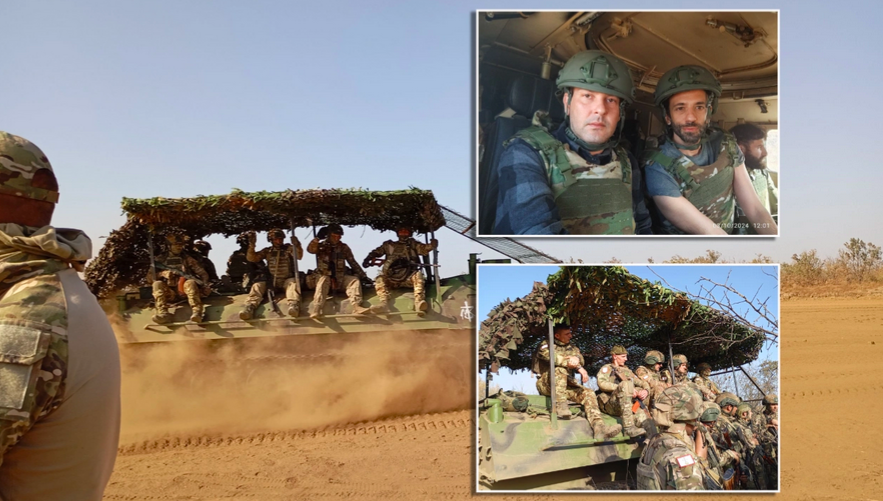
One of the other members of the detachment, a young man of 23 years of age, explained why he switched sides during the conflict. As he related, “I signed a half-year contract with the Ukrainian forces to fight. I was sent to Donetsk and was there for only five days when I witnessed the Ukrainian army committing massacres of our own people and I opposed this.”
Still, another fighter explained: “I was mobilized into the Ukrainian army and served 2½ years when I switched sides because I did not understand why I had to fight our brother/neighbor state. We want a peaceful future without violence.”
Another fascinating individual gave this story:
I am a historian. My name is Vladimir. I was born in the western part of Ukraine. I love my country, I love Ukraine. I love my people. However, I began to wonder whether the Ukrainian government was really protecting the Ukrainian people who are a multi-ethnic, multi-cultural people. What I saw in Ukraine is that the government was forcing people of different religious and ethnic groups to fight each other….I am an ordinary person. I did not like how they forcibly conscripted people. In the end, I understood that the Ukrainian government made bad decisions and mistreated their own people. One day, the Ukrainian detachment I was with began using [illegal] cluster bombs which killed our own troops and wounded me. The Russian troops came to talk to us and convinced me to join this unit which was newly formed at the time.
Vladimir was very disheartened when Zelensky, giving into pressure from the United States and the UK, backed out of the Istanbul Agreement of March 2022 which could have ended the war quickly and spared many lives.
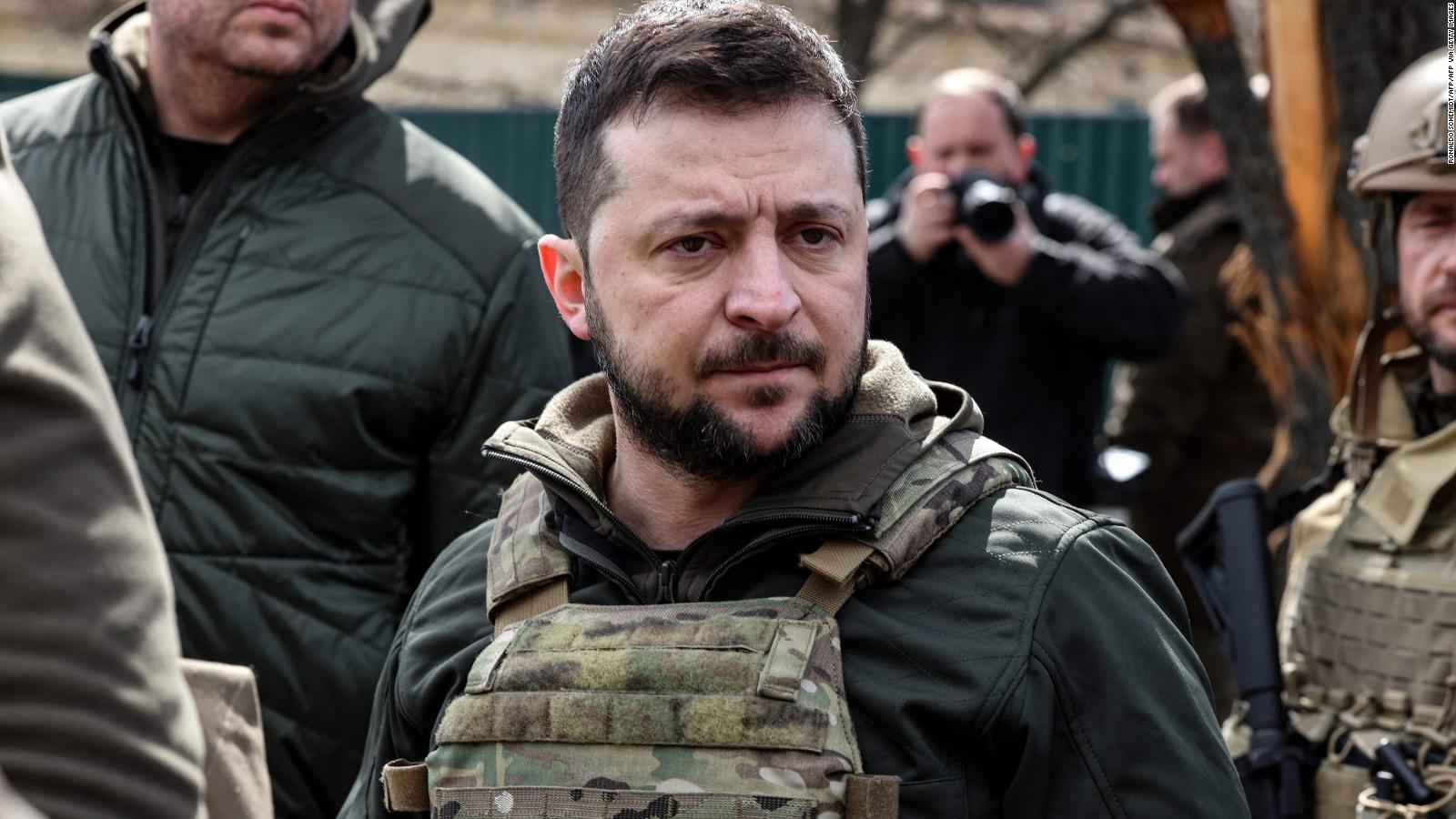
Finally, another soldier explained to us: “When I was already in this military unit, I was involved in evacuating civilians from the fighting. We were under shelling at the time. I asked myself at the time: ‘Didn’t those doing the shelling see that we were involved in evacuating civilians, in a non-military operation? To whom did these people make a vow?’ I know I am on the right side. They knew what they were doing, whom they were shelling.”
It was obvious to me after spending a day with this Detachment that its members were there of their own volition and were happy to be fighting on the Russian side, which they see as on the right side of the people and history.
Again, this sentiment reflects that of the people generally in the Donbas region who voted in September 2022 to join Russia, and who now would never want to return to Ukraine, at least not the Ukraine run by the ultra-rightists of the post-2014 coup government.
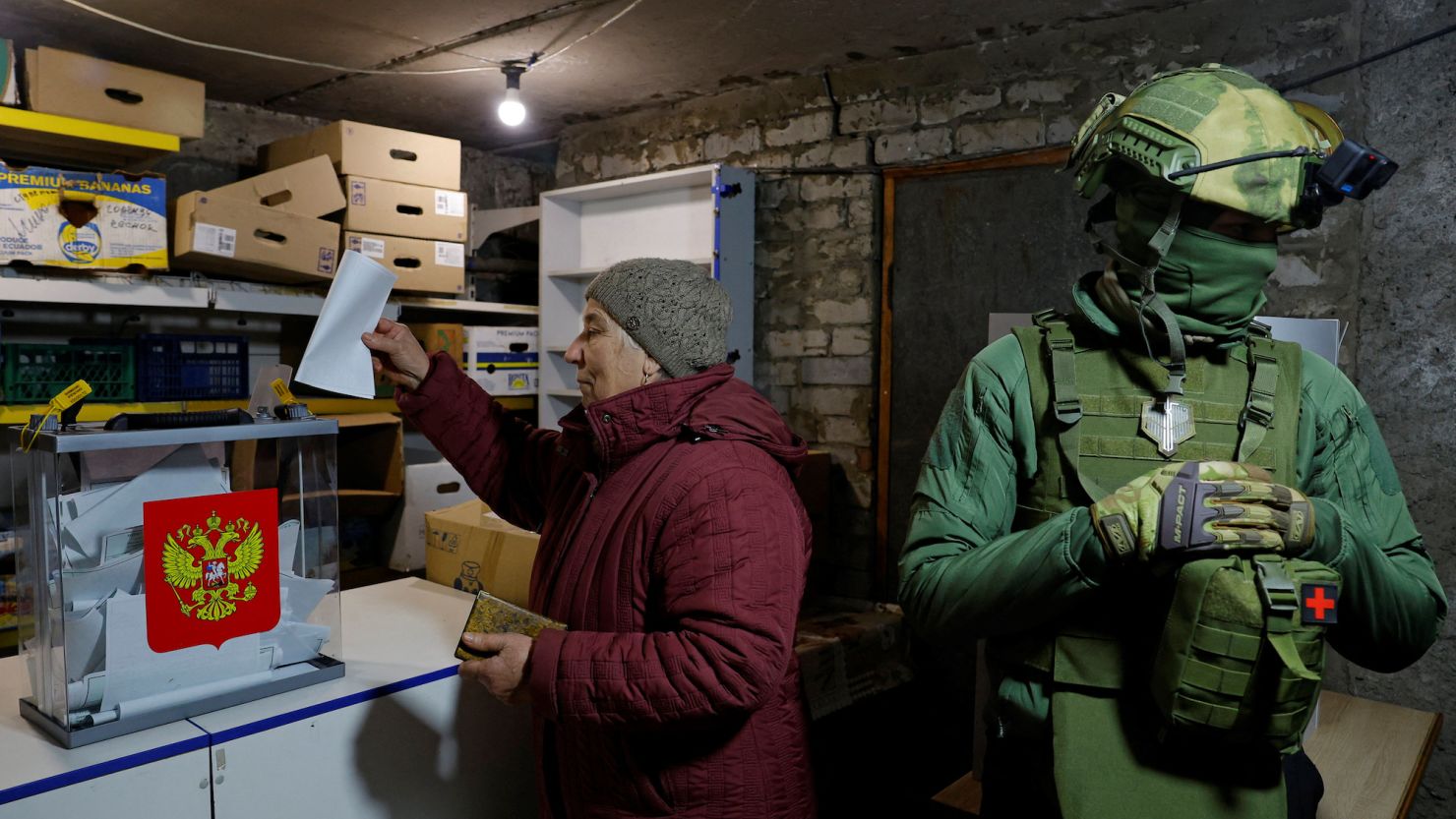
As I write these words, the Zelensky government—which has no constitutional authority given that Zelensky’s term ran out long ago—is considering forcibly seizing the property of soldiers like those in the Kyvonos Detachment who decided to fight alongside their Russian brothers.
In addition, the Zelensky government will undoubtedly press in negotiations to have these soldiers returned to the custody of the Ukrainian military which will undoubtedly imprison them, if not outright shoot, them.
It is my firm view that, as the current peace negotiations take place, the civil rights and physical integrity of these brave soldiers, who have acted out of principle and true patriotism, must be fully respected and guaranteed in any resulting agreement.

CovertAction Magazine is made possible by subscriptions, orders and donations from readers like you.
Blow the Whistle on U.S. Imperialism
Click the whistle and donate
When you donate to CovertAction Magazine, you are supporting investigative journalism. Your contributions go directly to supporting the development, production, editing, and dissemination of the Magazine.
CovertAction Magazine does not receive corporate or government sponsorship. Yet, we hold a steadfast commitment to providing compensation for writers, editorial and technical support. Your support helps facilitate this compensation as well as increase the caliber of this work.
Please make a donation by clicking on the donate logo above and enter the amount and your credit or debit card information.
CovertAction Institute, Inc. (CAI) is a 501(c)(3) non-profit organization and your gift is tax-deductible for federal income purposes. CAI’s tax-exempt ID number is 87-2461683.
We sincerely thank you for your support.
Disclaimer: The contents of this article are the sole responsibility of the author(s). CovertAction Institute, Inc. (CAI), including its Board of Directors (BD), Editorial Board (EB), Advisory Board (AB), staff, volunteers and its projects (including CovertAction Magazine) are not responsible for any inaccurate or incorrect statement in this article. This article also does not necessarily represent the views the BD, the EB, the AB, staff, volunteers, or any members of its projects.
Differing viewpoints: CAM publishes articles with differing viewpoints in an effort to nurture vibrant debate and thoughtful critical analysis. Feel free to comment on the articles in the comment section and/or send your letters to the Editors, which we will publish in the Letters column.
Copyrighted Material: This web site may contain copyrighted material the use of which has not always been specifically authorized by the copyright owner. As a not-for-profit charitable organization incorporated in the State of New York, we are making such material available in an effort to advance the understanding of humanity’s problems and hopefully to help find solutions for those problems. We believe this constitutes a ‘fair use’ of any such copyrighted material as provided for in section 107 of the US Copyright Law. You can read more about ‘fair use’ and US Copyright Law at the Legal Information Institute of Cornell Law School.
Republishing: CovertAction Magazine (CAM) grants permission to cross-post CAM articles on not-for-profit community internet sites as long as the source is acknowledged together with a hyperlink to the original CovertAction Magazine article. Also, kindly let us know at info@CovertActionMagazine.com. For publication of CAM articles in print or other forms including commercial internet sites, contact: info@CovertActionMagazine.com.
By using this site, you agree to these terms above.
About the Author
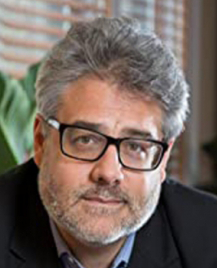
Daniel Kovalik graduated from Columbia University School of Law in 1993. He then served as in-house counsel for the United Steelworkers, AFL-CIO (USW) until 2019.
While with the USW, he worked on Alien Tort Claims Act cases against The Coca-Cola Company, Drummond and Occidental Petroleum—cases arising out of egregious human rights abuses in Colombia.
The Christian Science Monitor, referring to his work defending Colombian unionists under threat of assassination, described Mr. Kovalik as “one of the most prominent defenders of Colombian workers in the United States.”
Mr. Kovalik received the David W. Mills Mentoring Fellowship from Stanford University School of Law and was the recipient of the Project Censored Award for his article exposing the unprecedented killing of trade unionists in Colombia.
He has written extensively on the issue of international human rights and U.S. foreign policy for the Huffington Post and Counterpunch and has lectured throughout the world on these subjects. He is the author of several books including The Plot To Overthrow Venezuela, How The US Is Orchestrating a Coup for Oil, which includes a Foreword by Oliver Stone; The Plot to Attack Iran: How the CIA and the Deep State Have Conspired to Vilify Iran; and with Jeremy Kuzmarov, Syria: Anatomy of a Regime Change.
Daniel can be reached at dkovalik@outlook.com.

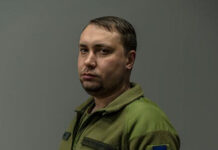
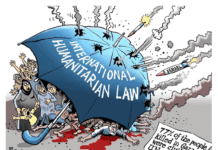
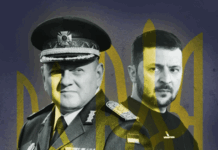
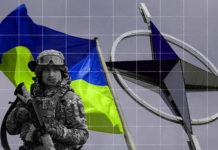
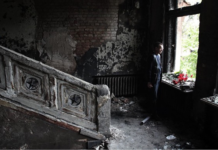
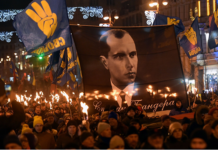
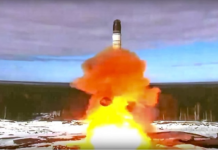
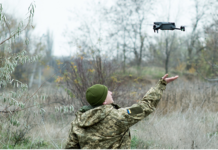
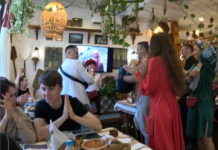

Andriy Sadovyi or Valery Zaluzhny will succeed Zelensky.
Do you think Sami Sadat would believe the Taliban if they invited him back?
I suspect that the Russians fighting on the side of Ukraine and the Ukrainians fighting on the side of Russia do not want to go back home.
https://covertactionmagazine.com/2025/08/07/are-we-witnessing-the-collapse-of-international-law/
There is a reason why Baja Kninđa doesn’t have a concert in Zagreb and Marko Perković doesn’t have a concert in Niš. If they go back, even if Ukraine guarantees their safety, they will be hung from a traffic light in Lviv. Same with the Russians fighting on the side of Ukraine. As Sami Sadat said, if we return, the Taliban will kill us, even if they promise us safety first.